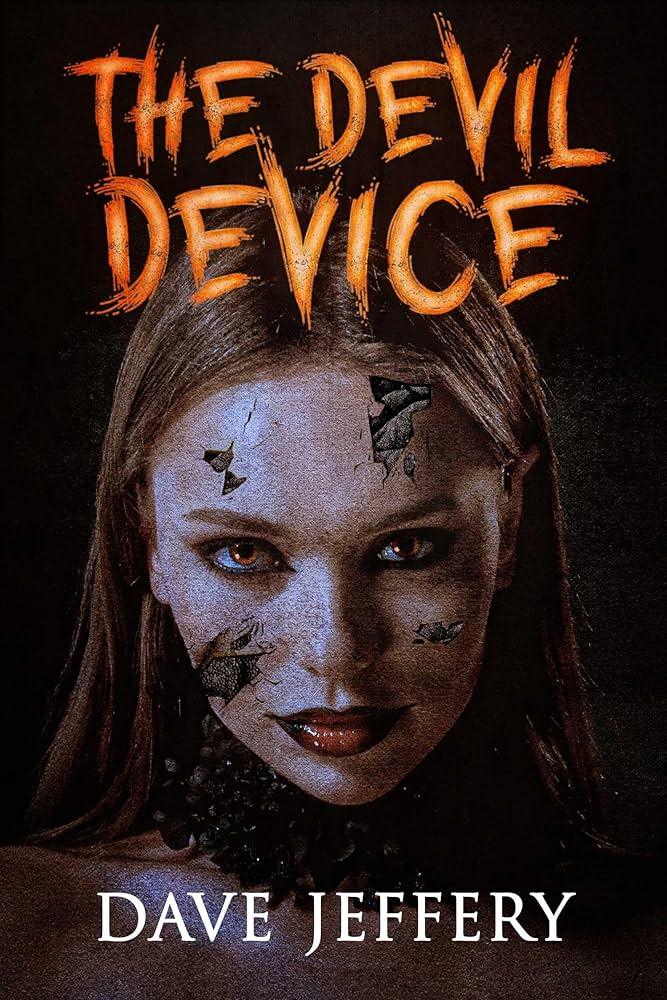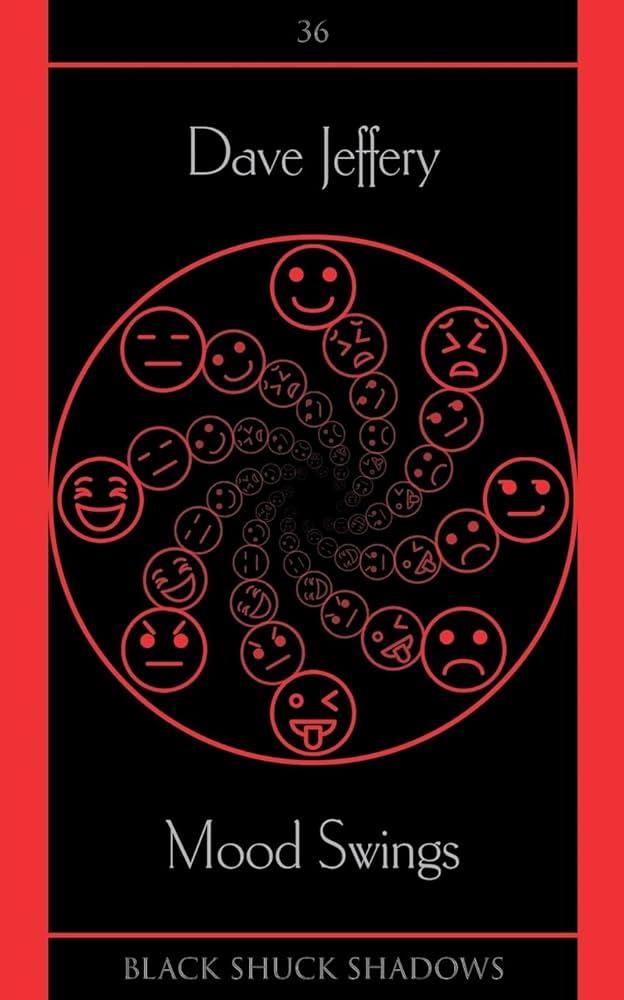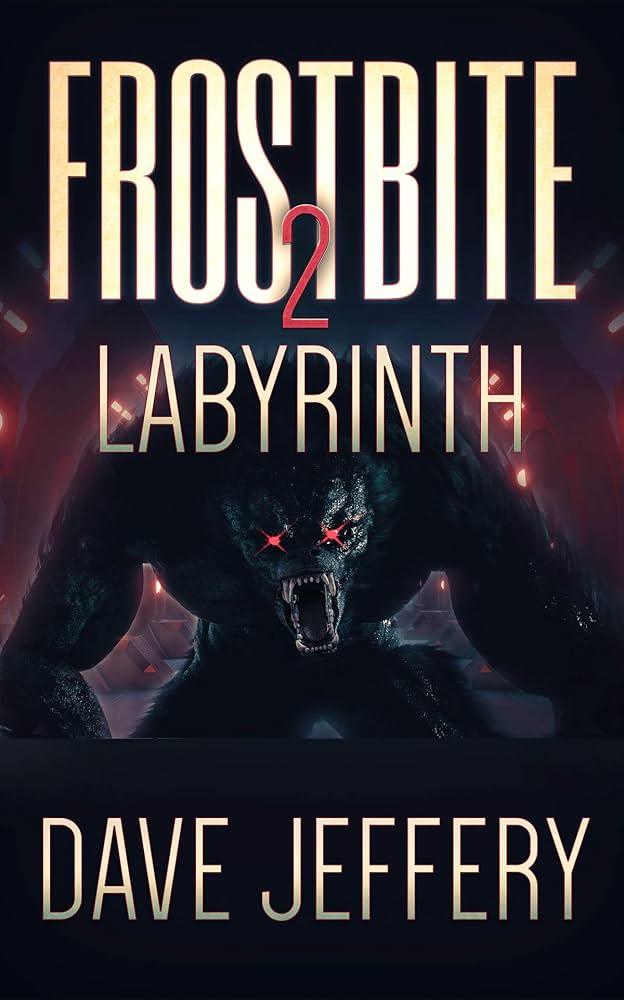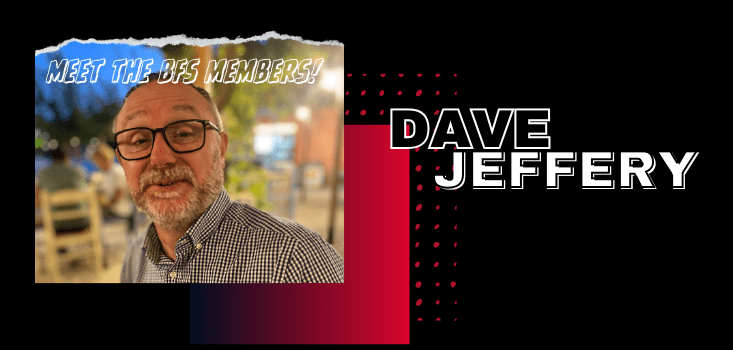Every Friday, we meet a member of the BFS and peer deep into their soul (or, at least, a form they filled out). Want to be featured? Email us: online@britishfantasysociety.org
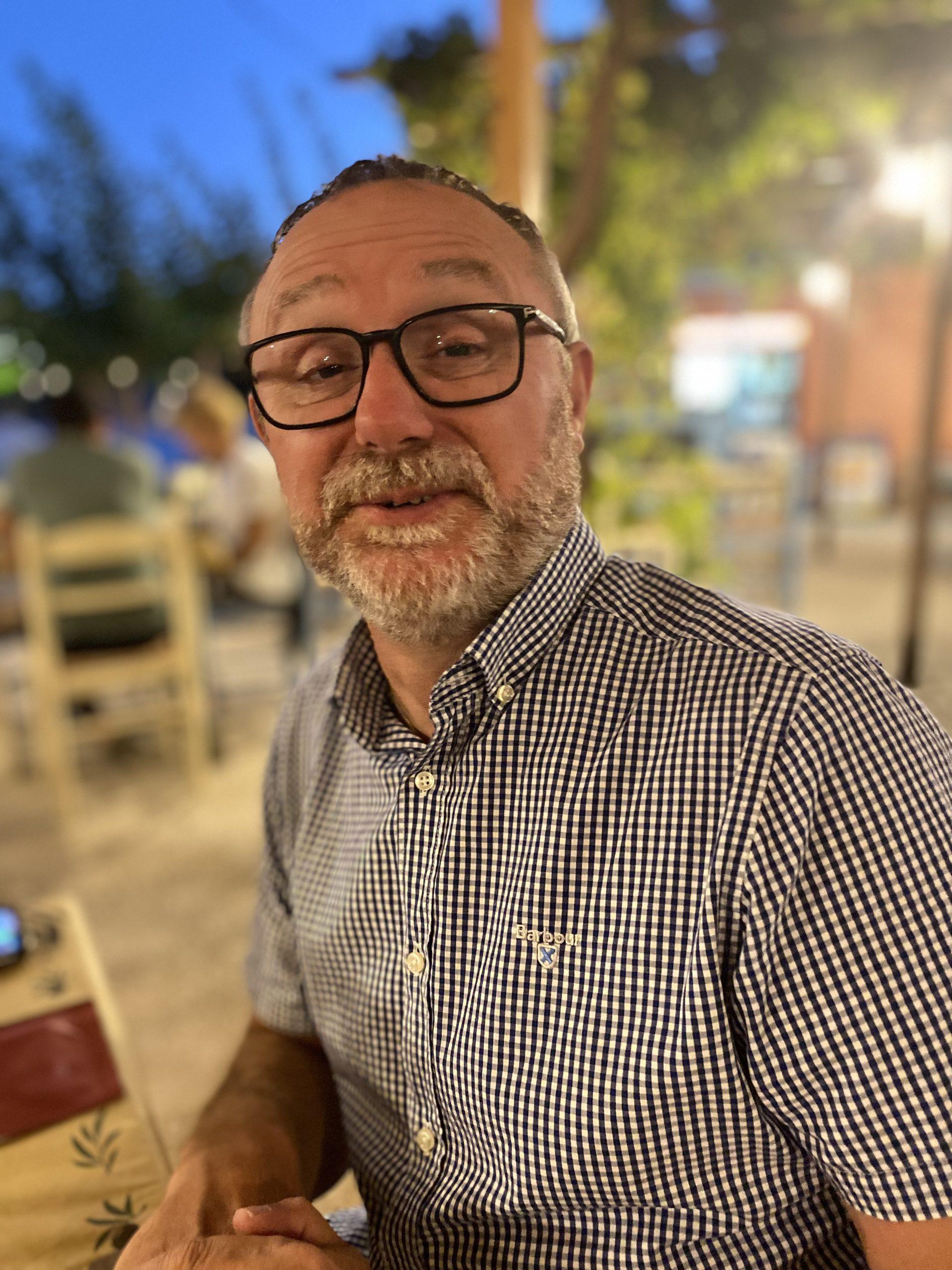
Name:Â
Dave Jeffery (he/him)
Which region are you based in?Â
I was born in West Bromwich in The Black Country, growing up a mile outside Dudley. Since my twenties I have lived in various areas of Worcestershire, and all of these places occasionally turn up in my work. Â
If you write, which genre:Â
Sci-fi, fantasy, horror: In truth, I have written in all of these areas at one time or another. The genre depends on the kind of story I want to tell. I’m not adverse to blending all three elements if the story requires it.Â
Are you drawn to any specific SFFH sub-genres?Â
These days, I tend to write apocalyptic and dystopian fiction, and contemporary mental health short stories.Â
If you don’t write, what do you do?
For over 35 years I was a registered mental health nurse in the NHS. Now I’m now retired and writing full time, and this includes essays for publishers such as Bloomsbury and Peter Lang. I use some of what I have learned over the years to be a mentor on the Horror Writers Association’s (HWA) Mentorship Programme, and as a first reader for Space & Time Magazine. For the last three years have been co-chair of the HWA Wellness Committee; a rewarding tenure that ends next month, although I will remain on the committee for the foreseeable future.Â
(Ed note: Dave will be interviewed by BFS Chair Shona Kinsella as part of tomorrow’s Mental Health & Writing online event day, which is free for members and just £5 for non-members; details and tickets here.)
Your influences
Tell us about the book/film/thing that got you into SFFH: What was it? How old were you? What impact did it have on you?
There was an influential progression towards SFFH rather than an isolated genre movie or book. My earliest memory was back in 1971, watching Jason and the Argonauts with my dad on an old black and white TV. The scenes with the reanimated statue of Talos and the skeletal warriors immediately thrilled and, perhaps more importantly in terms of influence, scared me senseless.
As a child, I was always reading, and Alan Garner’s The Weirdstone of Brisingamen was a key text in school, alongside William Golding’s Lord of the Flies. These books helped to fuse the fantastical and darker elements of my storytelling. When the literary British horror explosion of the early to late seventies kicked in, I was drawn to the works of James Herbert, Guy N Smith, and Ramsey Campbell. Stephen King came soon after. Looking back on those days, maybe it was inevitable that my work would become infused with darker content.Â
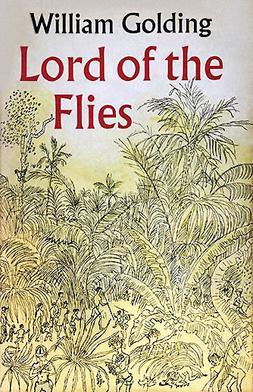
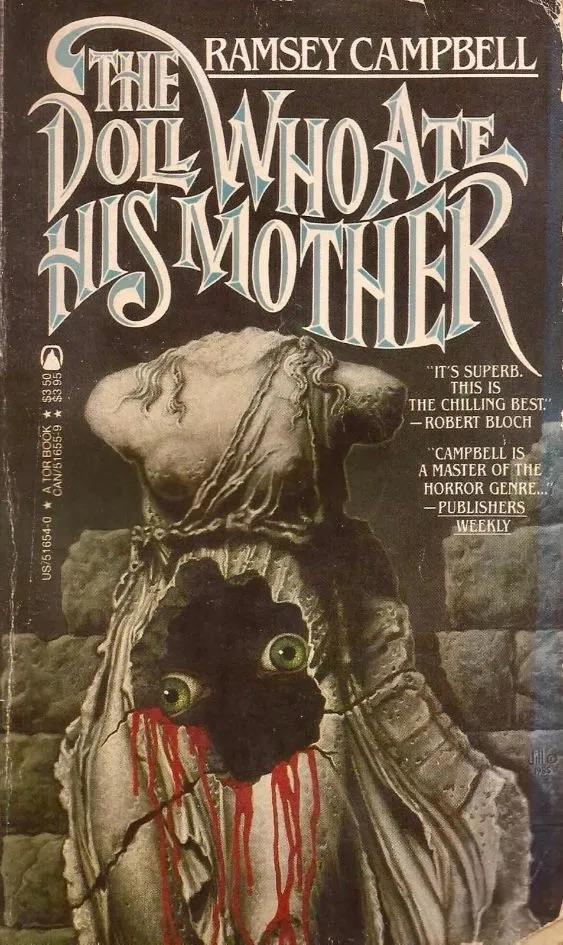
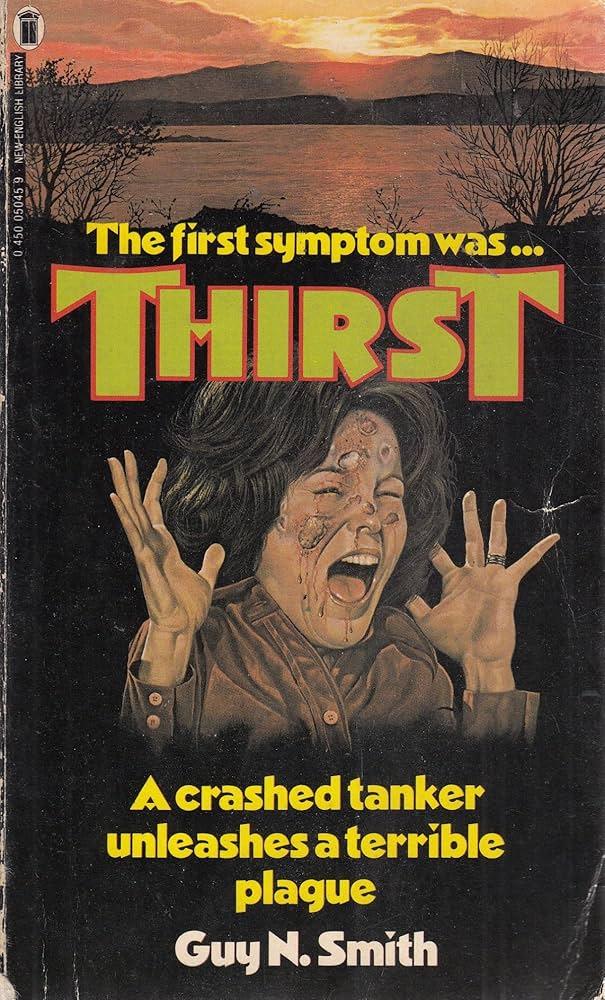
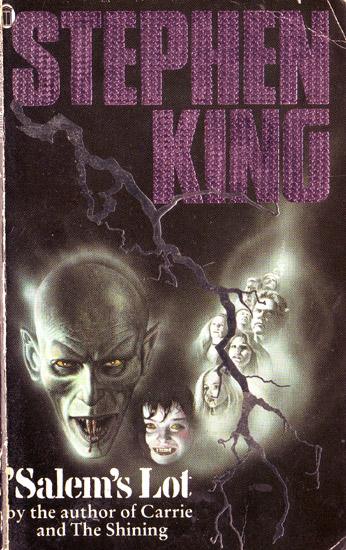
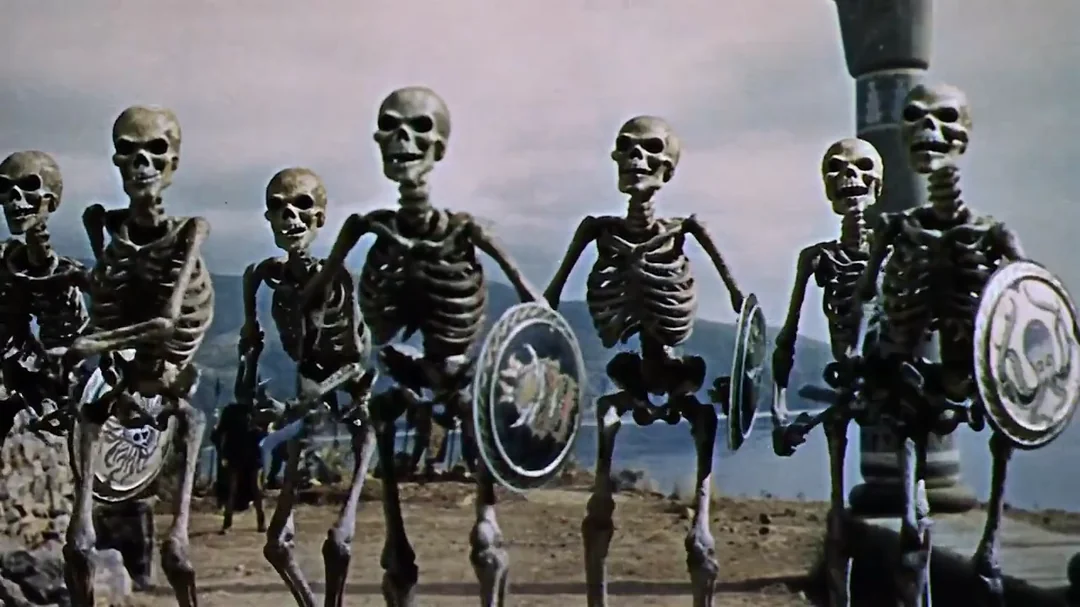
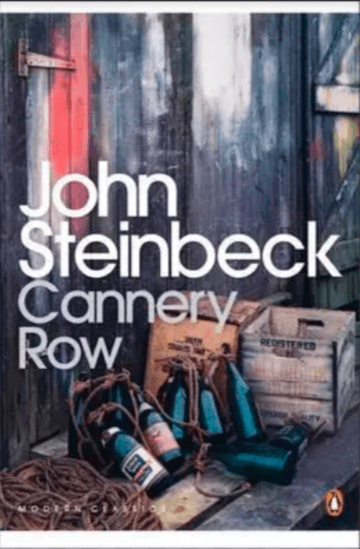
How does that early influence show up in your work now?
Oddly, the greatest influence in my writing came from outside of SFFH. My all-time favourite writer is John Steinbeck, and my approach to narrative and character development is heavily guided by his work, especially Cannery Row. An example of this is Steinbeck’s control of setting, where the reader is drawn into a scene and is aware of the nuances of character within a few carefully crafted sentences, and the delivery of dialogue. This device is a key feature of what I do.Â
Where do you draw your creative inspiration from?
Like any creative, I’m always absorbing information from what is going on around me, be that in the environment or in interactions I have with others; the life stories they tell. As with Steinbeck, I’m fascinated with the human condition and how it can be shaped by what is happening or what has happened in a character’s world. When outlining a project, I always begin with the characters, especially how they have become the people that they are. For me, it is through such experiences that readers are able to relate, and thus connect, with the story.Â
Who do you look to as a genre hero? Why?
I have so many, but I would have to say Ray Bradbury (pictured) because his approach to, and command of, the short story is second to none, and he was able to extend his craft to the longer form with iconic works that have stood the test of time. I’m thinking particularly of Fahrenheit 451 and Something Wicked This Way Comes. Â
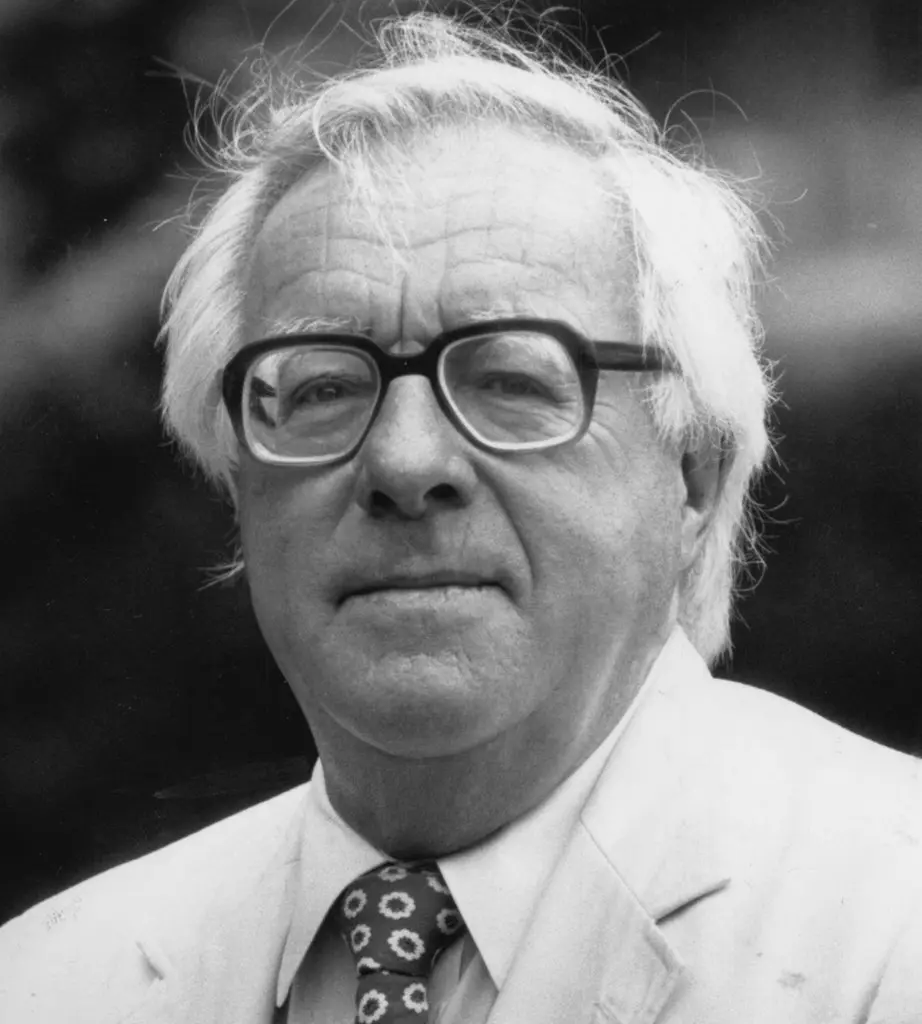
Your work
You’re stuck in an elevator for 60 seconds with that hero, and they want you to describe your work. Give us the pitch.
“Hi Ray, have you heard? This elevator car is defective and about to drop ten storeys. In the time we have left, let’s talk through how we’ll deal with the existential horror of our impending doom.â€
What are you working on right now?
At the moment I am working on two collaborative projects. The first is co-editing the anthology This Way Lies Madness for Flame Tree Press alongside multi award-winning New Zealand writer, poet and editor Lee Murray. The submission response was over 1400, so we’ve had a busy summer/autumn! The second project is with the wonderful Raven Dane, and is a novella called Shrine, the final story set in the A Quiet Apocalypse universe. Both of these projects are slated for release in late 2025.Â
Thinking about all the stories/work you’ve done, what sticks out most in your mind? Why?
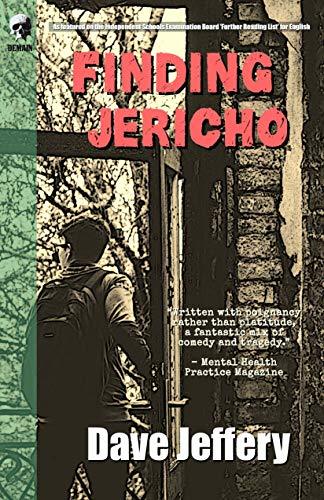
Finding Jericho (Demain Publishing) because it is a novel that explores mental illness and societal stigma, themes of which I’m extremely passionate. The mental health community has been treated pretty poorly by the horror genre over the years. Someone said recently that as creatives we are better than we used to be in how we present mental illness in the genre. I’d argue we are more aware, and that certainly is the first step in challenging stigma, but it’s going to take a lot of sustained work to get some creatives to think differently as to how they represent mental illness in their stories. This has started with the Horror Writers Association’s Mental Health Initiative and its associated projects, and continued with events such as the BFS’ Writing and Mental Health Day on 16 November.Â
Where and when do you create/are you at your most creative?
I work anywhere at any time. I write most of my draft chapters/short stories on my iPhone, and then transfer to my laptop for revision. Not having an office for so long I’ve learned to be pretty mobile/flexible. Ideas are always percolating, so it’s great to have the means to get them down as quickly as possible. My iPhone is perfect in such instances. The first ten thousand words of Shrine are currently on my phone – backed up via laptop, of course!
What’s the best advice you’ve received about creativity?
Don’t force it. Creativity will come when it’s ready.Â
What’s your writing soundtrack?
Silence. I get distracted when music is playing, and I think it’s disrespectful to the artist if you’re only half-listening to their creation.
The quickfire round
Sci-fi, fantasy or horror?
Doesn’t matter as long as the writer knows how to tell a story.Â
Quiet or loud?
These days I prefer subtle, nuanced tales, but I’m not adverse to transgressive fiction, or fast-paced pulp. I have no problem with extreme horror as long as it has some purpose other than to simply shock with meaningless violence and explicit content. Although it’s rarely acknowledged, James Herbert was doing this kind of thing way before anyone else, and way better.Â
Dark or light?
You can have both in a book if the writer knows what they’re doing. I would read that kind of book.Â
Strict lines or genre blend?
I enjoy mashups, but not those hideous out-of-copyright ‘grab a buck’ titles. I think they’re creatively lazy. I love dystopian fiction, played straight.Â
Awards or bestseller?
Sounds pious, but I’m just happy to be read, no matter how many or how few.Â
Fiction or non-fiction?
Both.Â
Poetry or prose?
I’m getting into poetry, thanks to Lee Murray and writer/poet Lauren Ellis Daniels! Last year I had several published in various speculative fiction magazines and ended the year with an acceptance for BFS Horizons #18. A well-crafted piece of prose still mesmerises, though.Â
Plotter or pantser?
Depends on the project. My Beatrice Beacham YA series (Crossroad Press) and the A Quiet Apocalypse dystopian series required intricate plotting. Some stories, my pulp fiction work, for example Frostbite (Severed Press) or Tooth & Claw (Grinning Skull Press), were pretty much written as the characters developed, rather than being driven by plot.Â
Reading or listening?
Reading. I’m a lazy listener.Â
Notebook or computer?
As I’ve said, electronic notebook and computer. I wouldn’t inflict my own handwriting on myself, let alone anyone else.Â
Favourite SFFH book of all time?
- Horror: The Fog by James Herbert and I Am Legend by Richard Mattheson
- Fantasy: The Lord of the Rings by JRR Tolkien and Serpent’s Wake by LE Daniels
- Science Fiction: Frankenstein by Mary Shelley and Dune by Frank Herbert.Â
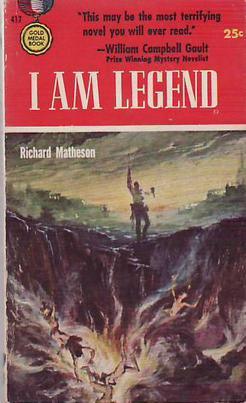
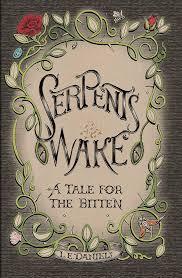
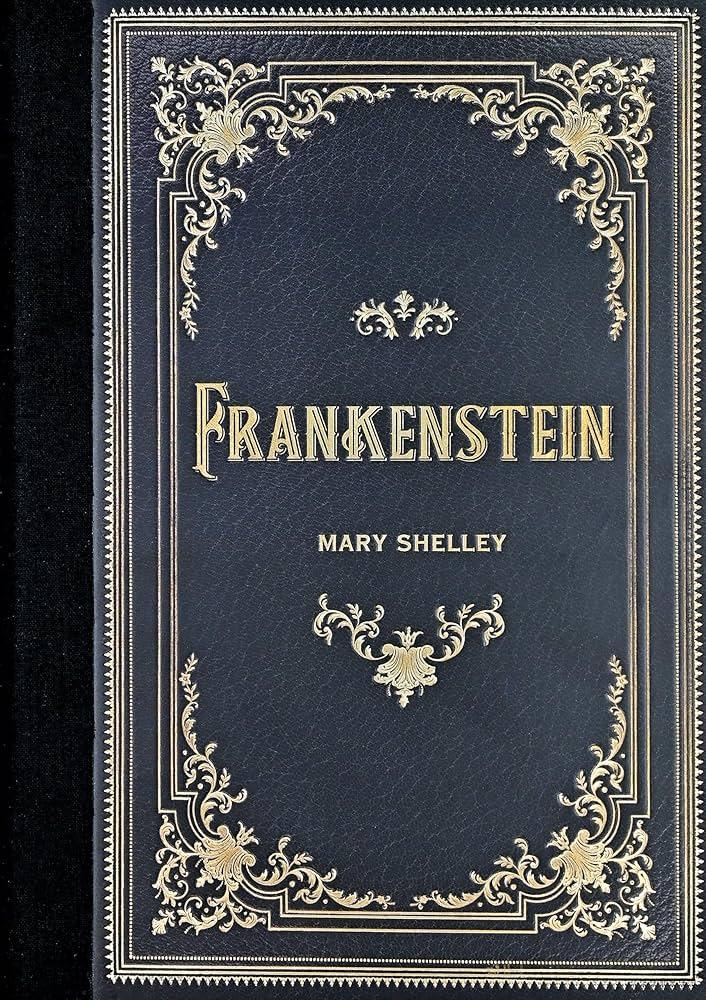
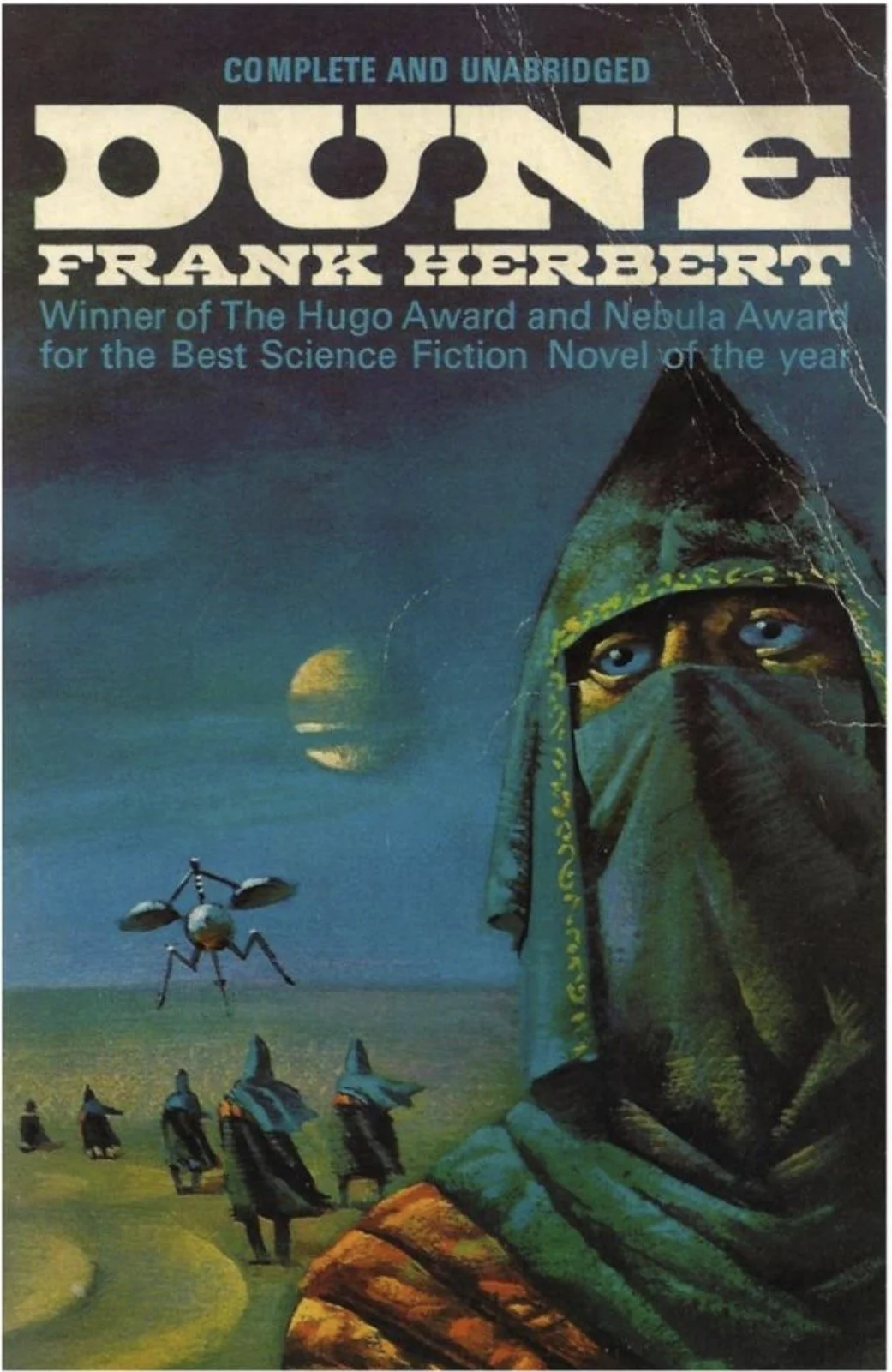
Last book you read?
The Pearl by John Steinbeck. It was beautifully bleak satire. Â
Any SFFH author on auto-buy?
Paul Tremblay
Favourite podcast?
Happy Goat Horror (with Kayleigh Dobbs)Â via YouTube.
The home stretch
What’s the best thing about being part of the SFFH community?
Being part of a community of like-minded people is conducive for positive mental health, be that as a creative or someone who enjoys the SFFH genres as a whole. I have always found BFS to be incredibly inclusive and dynamic in its approach to foster the kind of change that is required in a diverse and ever-evolving world. The BFS has shaped a climate where there is a true focus on respect for all that I can readily endorse. I’m not a fan of elitism in any guise.
Time to plug your stuff! Where can we find you and your work? What have you got coming up? Consider this your advertising space.
I have had two titles released this year. The first is Monument: The ‘a Quiet Apocalypse’ Omnibus (Demain Publishing) which is out as an eBook and will be released as a paperback in the New Year. This volume contains all of the novellas in the series, plus a bonus origin story co-written with my son, Tom. The other title is Mood Swings, a micro-collection that has been released at part of the ‘Shadows’ series from Black Shuck Books. I’m truly humbled by the reception this book has received so far by the genre community. The Devil Device, the latest title in the Beatrice Beacham YA series, is also out now through Crossroad Press, and has been endorsed by the mighty Darren Shan. Further information about all my titles can be found on my website.
